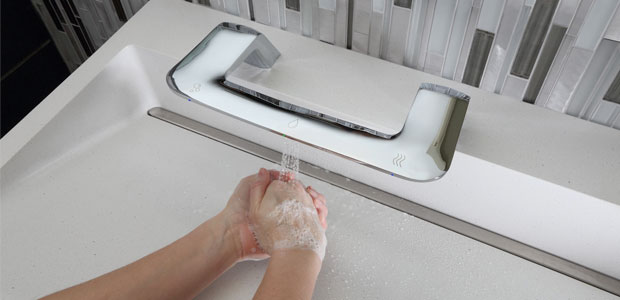
Following the regulations and staying in compliance are important, but we know you want to go beyond minimum requirements to keep your employees safe.
During this coronavirus pandemic, the Department of Labor reminds employers that they cannot punish workers for reporting unsafe conditions.

Coronavirus patients in areas with high air pollution are more likely to die from the infection. Here’s what you need to know—and some tips on reducing exposure to pollution.
We’re hearing it everywhere: those with the virus might not exhibit symptoms. Here’s what you should know about the word asymptomatic—and the risks.

New recommendations are rethinking the use of masks for the common citizen during the coronavirus pandemic. While some experts think this is a good step for public health, others are not so sure.
The Department of Labor just published OSHA’s new workplace poster—in English and Spanish—for reducing worker risk to the coronavirus. Read its recommended 10 steps.

New York City is one of the places hit hardest by the coronavirus, and police officers there are taking a huge blow. Now, nearly 17 percent of officers are sick or in quarantine.

Bradley Corporation just released new data on hand washing habits, and it’s clear that news coverage, signage and restroom preparedness has prompted better handwashing behavior.
With America’s essential workers carrying the country at the moment, their safety is incredibly important. The National Safety Council calls for their protection and safety.
Hygiene is important always, but during this time of this pandemic, here are some COVID-19 work practices for workers handling waste and recycling products.

According to a recent study, nearly 45 percent of adults say the pandemic has affected their mental health—even with differences in occupation, location and more. Some are calling it now a nationwide, psychological trauma.

As the world is responding to the COVID-19 outbreak, fit testing respirators for healthcare workers and first responders remain vital to respiratory protection programs to reduce exposure to the disease.

While it's difficult to replicate the personal, collaborative environment of a physical office, working from home has a wide range of unique benefits.
During the coronavirus pandemic, a number of health scams have littered the media, making some people falsely believe products like essential oil, nasal sprays and herbal concoctions could help cure the virus.
Many companies race to keep up with the demands for healthcare PPE and equipment, and they’re using a once-futuristic technology: 3D printing.